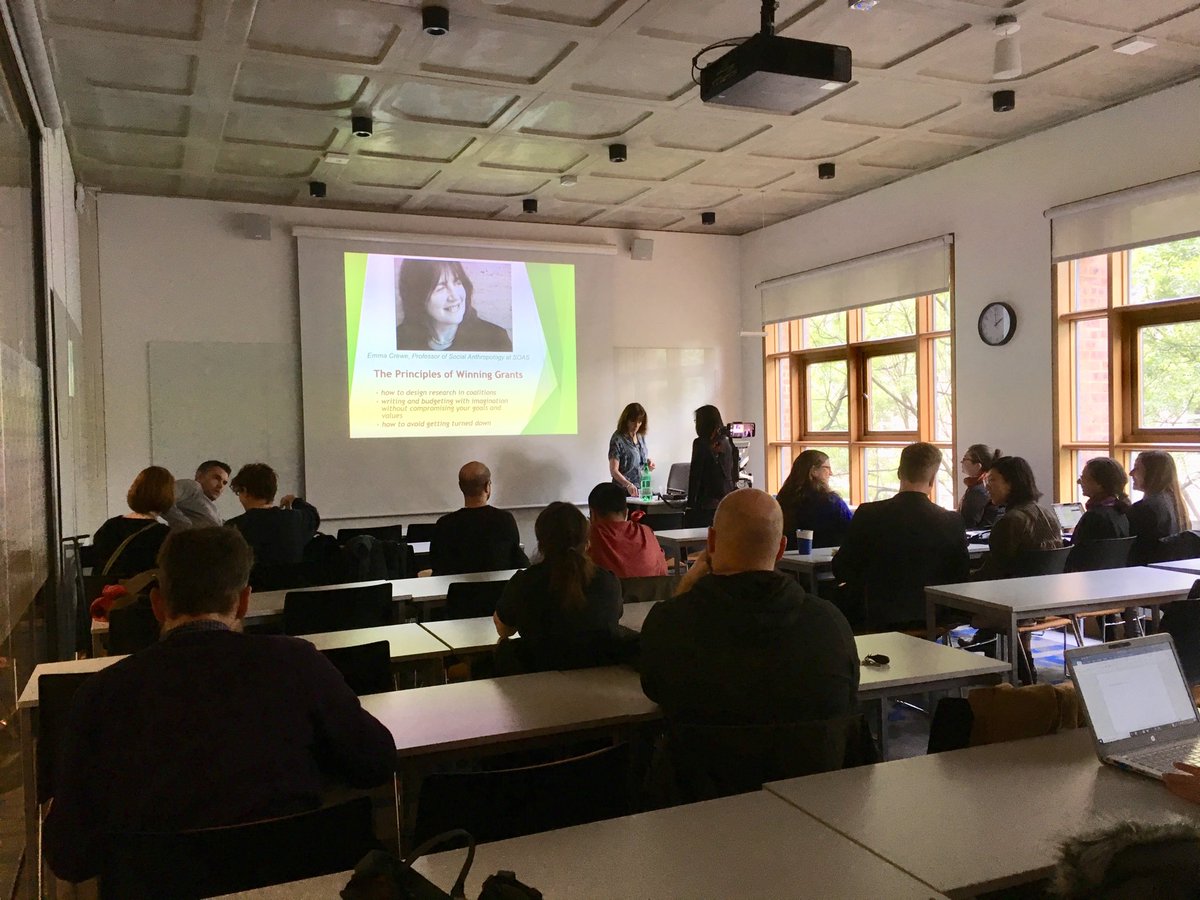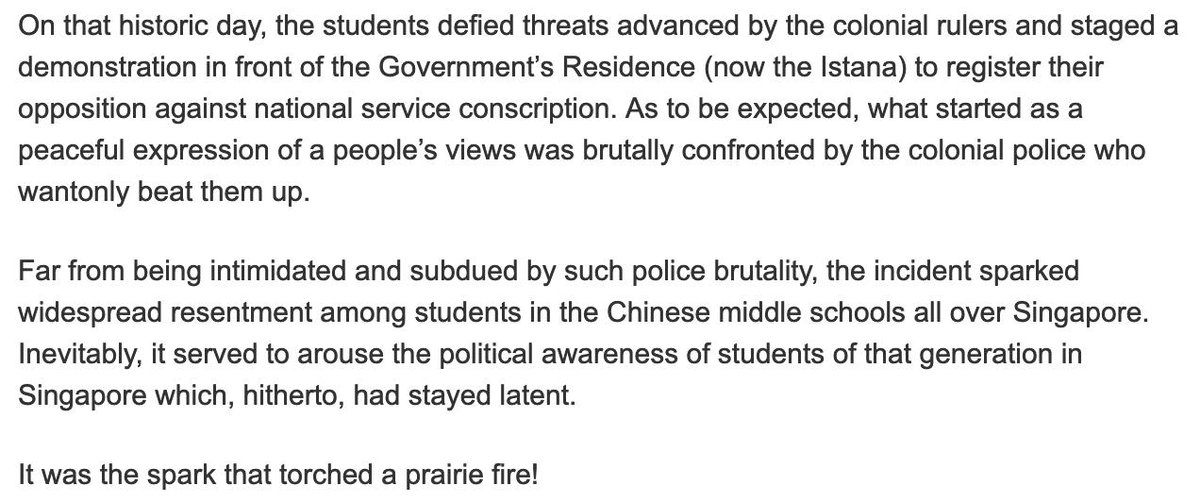
I wrote this back then: medium.com/@kixes/may-13-…
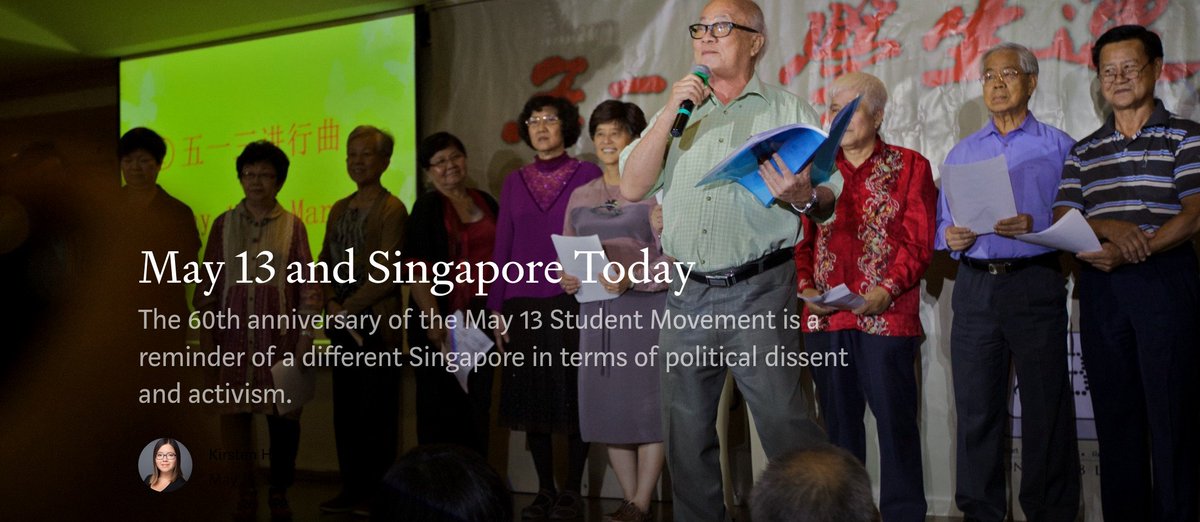
*deep breath*
WELL...
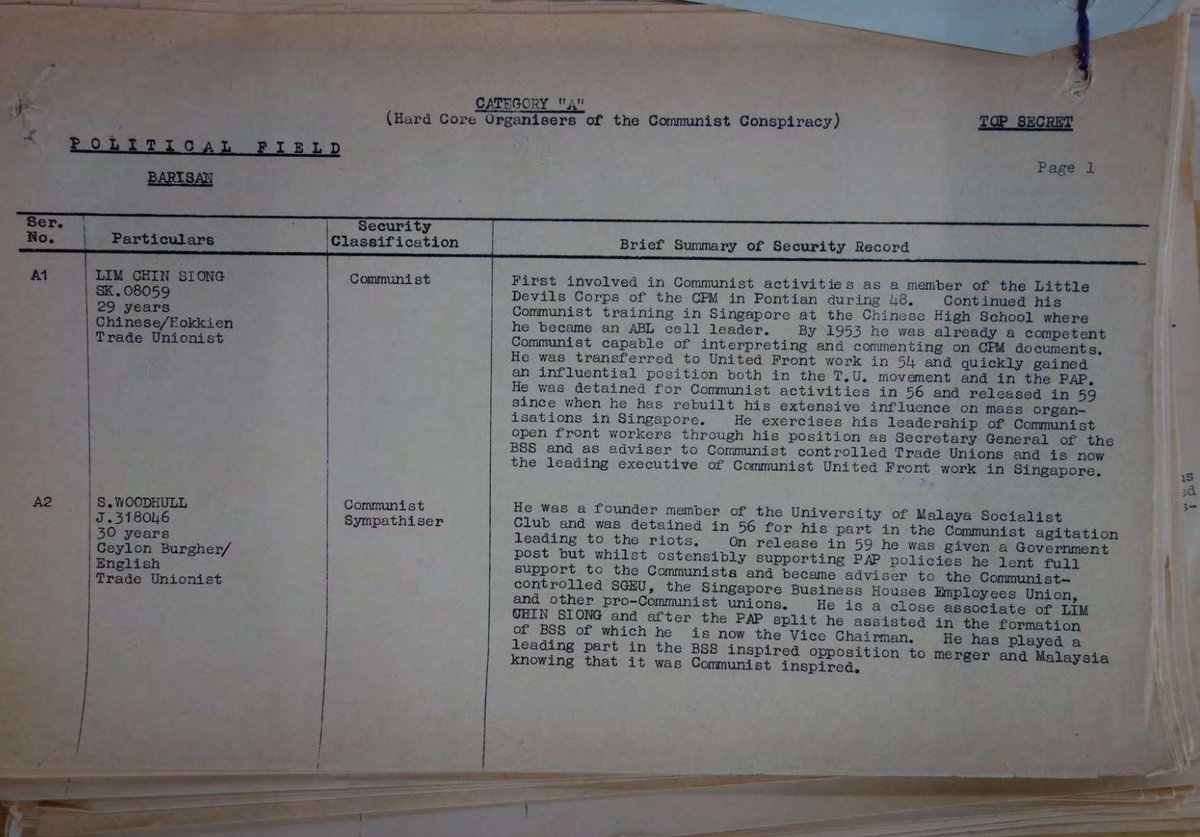
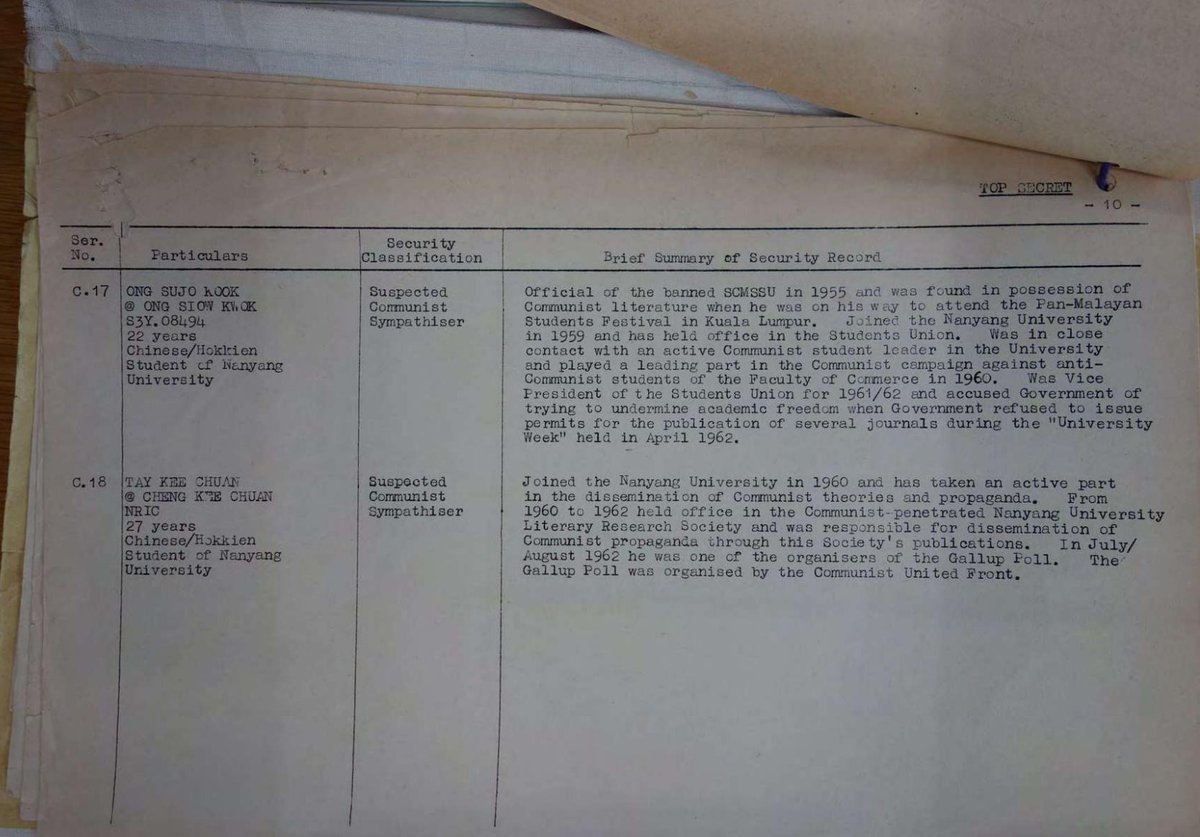
Because it dispels a lot of myths about #Singapore and Singaporeans that we tell ourselves today.
BUT...
There is an immense value in being able to reclaim our own history.




Get real-time email alerts when new unrolls are available from this author!
Twitter may remove this content at anytime, convert it as a PDF, save and print for later use!

1) Follow Thread Reader App on Twitter so you can easily mention us!
2) Go to a Twitter thread (series of Tweets by the same owner) and mention us with a keyword "unroll"
@threadreaderapp unroll
You can practice here first or read more on our help page!
